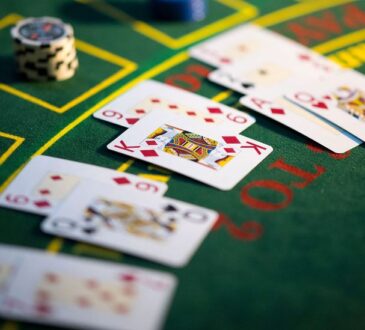
Medically, gambling addiction is known as ludomania. This means that a person is obliged to gamble knowing the harmful consequences. Gambling addiction is a behavior that can affect a number of main areas. For example, they can affect you mentally, physically, and interfere with your social life. Gambling addiction is sometimes referred to as a hidden illness because you cannot physically see the symptoms. According to the American Psychological Association Gambling addiction is a mental health disease. and those affected cannot control it. Gambling addiction is a chronic and widespread disease. This means that a person becomes more and more addicted to it every time he or she gets the chance to gamble. According to surveys, about 4 percent of the American population has a gambling addiction.
According to Dr Richard Rosenthal, there are three criteria for a person to be identified as a pathological gambler or a person affected by gambling addiction. An unbearable feeling or state in which a person feels helpless for no reason. Depression may be the reason. A person may feel depressed due to problems at work. family problems, etc. Another criterion is when a person develops a high capacity for self-deception. When a gambler falls under these criteria He will be affected by gambling addiction. Gambling addiction is divided into two types: action gambling and escape gambling.
Action gambling refers to people who are addicted to risk. People who fall into this category want to play against other gamblers and they want to prove themselves as winners in front of everyone. They want to identify themselves and create an image. They will continue to gamble until the rank is achieved. Escape gambling is when a person gambles for the reason that they are affected by something personal. The person has emotional problems in life or the person is not comfortable with life. People fleeing their gambling addiction often play alone or prefer to sit alone. They can often be found playing blackjack or at slot machines. A runaway gambler simply avoids human contact. It was found that more men were addicted to gambling and women were addicted to gambling. It was also found that youths were more likely to become addicted to gambling than adults. Adolescents are generally three times more likely to be addicted to gambling. This contrasts with other addictions where the problem is more prevalent in adults than in children.





